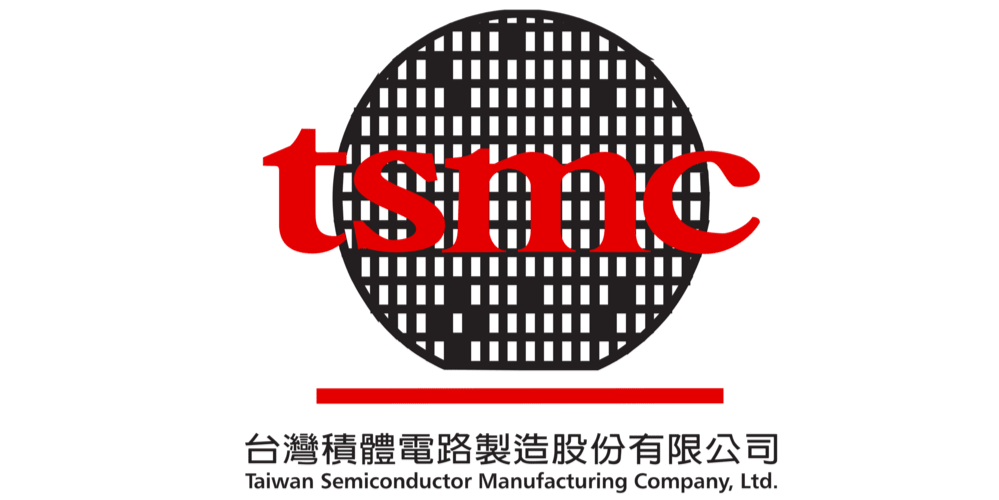A populist Taiwanese mayor was recalled by voters on Saturday, abruptly ending the rise of a politician whose failed presidential bid had favoured closer ties with China.
The historic recall by citizens in the democratic island that Beijing regards as part of its own territory — vowing to one day seize it, by force if necessary — comes as tensions with China surge.
Han Kuo-yu was ousted by more than 40 percent of eligible voters in the southern city of Kaohsiung, with 97 percent of the ballots cast calling for the recall, according to the city’s elections commission.
“This was an unfair and unjust election,” the 62-year-old told reporters after the count, accusing the ruling Democratic Progressive Party (DPP) of a “national team” effort against him.
The recall vote was another blow for the island’s opposition Kuomintang party, who favour warmer relations with mainland China.
A little known political outsider, Han swept to victory in Kaohsiung in November 2018, and then defeated a host of powerful insiders to run as Kuomintang’s presidential candidate.
But his unsuccessful presidential bid also proved his local undoing, with residents of his city feeling ignored, and populist promises to make citizens “filthy rich” unfulfilled.
WeCare Kaohsiung, one of the groups spearheading efforts to unseat him, accused Han of neglecting his duties as mayor when he took three months of leave for his presidential run less than a year after being elected.
The DPP described the result as “an important milestone for Taiwan’s democratic progress.”
It is the first time a municipal mayor has been successfully recalled since Taiwan lifted martial law and held its first democratic presidential elections in 1996.
Kaohsiung will have to hold a by-election within three months to elect a new mayor, who will serve out the remainder of the four-year term.
Tensions between Taipei and Beijing have surged since President Tsai Ing-wen’s election in 2016, because her government considers the island to be a de facto independent state rather than a part of China.
— AFP







